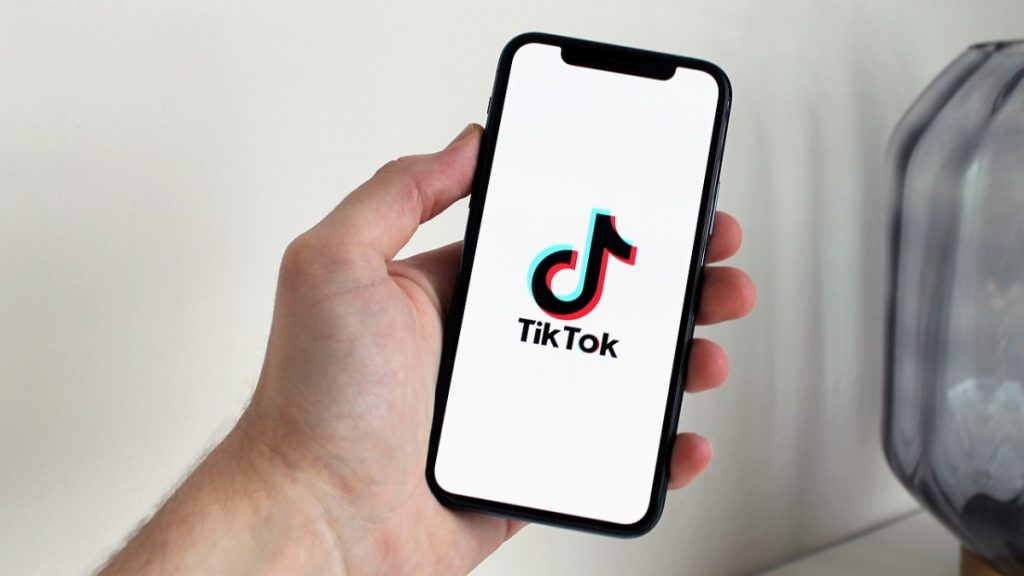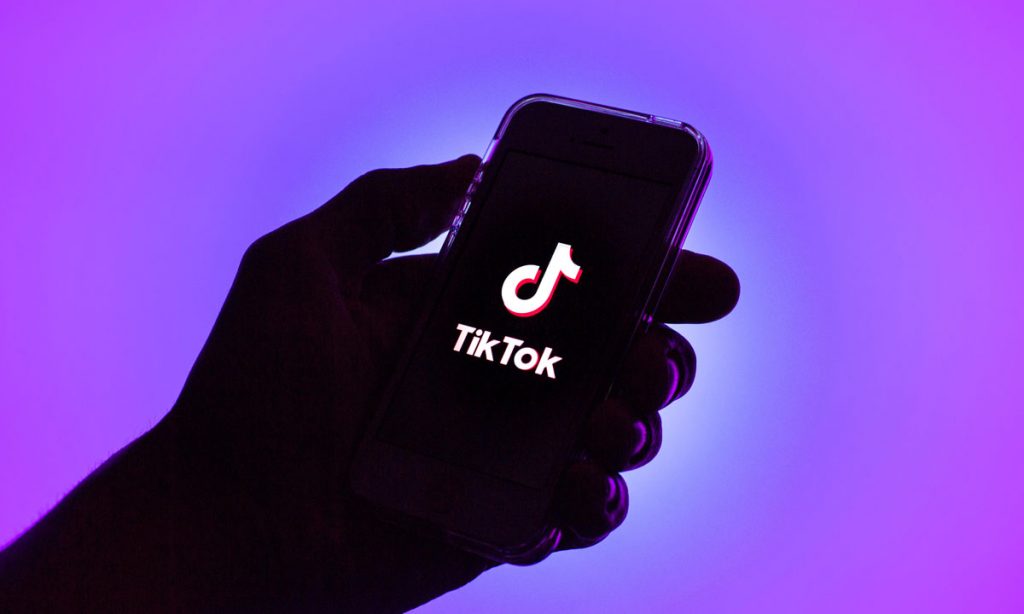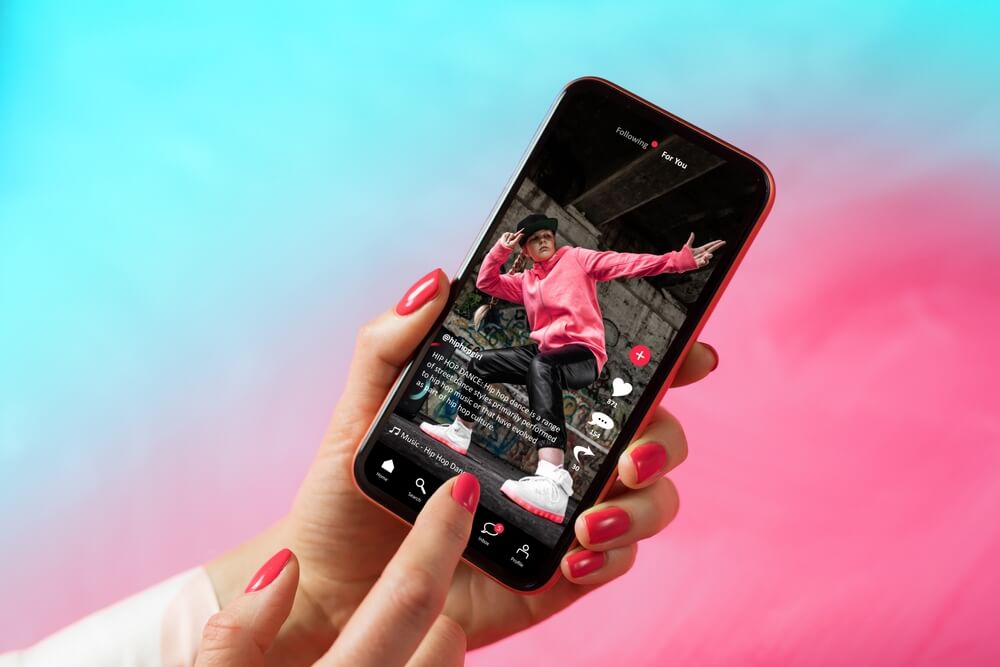
In the digital age, social media platforms have become an integral part of our lives, shaping our interactions, influencing our opinions, and providing entertainment. TikTok, with its short-form videos and vast user base, has emerged as one of the most popular platforms globally. However, as with any online platform, the question of content ownership and distribution arises, especially concerning the use of third-party tools like TikTok video downloaders.
The Rise of TikTok: A Cultural Phenomenon
TikTok, launched in 2016 by Chinese company ByteDance, quickly gained traction, particularly among younger demographics. Its unique format, allowing users to create and share short videos set to music, spurred a wave of creativity and catapulted individuals to internet stardom overnight. From dance challenges to lip-syncing performances to comedic skits, TikTok became a melting pot of diverse content, reflecting the myriad interests and talents of its users.
The Ethical Dilemma: Content Ownership and Distribution

Central to the debate surrounding TikTok video downloaders is the issue of content ownership and intellectual property rights. When users upload videos to TikTok, they grant the platform a license to host and distribute their content. However, this license does not necessarily extend to third-party downloaders, which allow users to save TikTok videos directly onto their devices without the creator’s consent.
Legal Implications and Copyright Infringement
From a legal standpoint, the use of TikTok video downloaders (https://tikd.cc/) raises questions about copyright infringement and fair use. While some argue that downloading videos for personal use falls within the realm of fair use, others contend that redistributing or repurposing the content without permission violates the creator’s intellectual property rights. Additionally, the Digital Millennium Copyright Act (DMCA) prohibits the circumvention of technological measures employed by platforms to protect copyrighted content, potentially rendering certain video downloader tools illegal.
Privacy Concerns and Data Security
Beyond copyright issues, TikTok video downloaders also raise concerns about privacy and data security. By downloading videos through third-party apps or websites, users may unknowingly expose themselves to risks such as malware, phishing, or data breaches. Furthermore, the act of downloading and redistributing TikTok videos without proper authorization may compromise the privacy and consent of the individuals featured in those videos, particularly if the content is sensitive or personal in nature.
Social and Cultural Implications
Beyond the legal and technical aspects, the proliferation of TikTok video downloaders has broader social and cultural implications. On one hand, it allows users to save and revisit content that resonates with them, fostering a sense of connection and community within the platform. However, it also raises questions about accountability and the commodification of user-generated content. When videos can be downloaded, shared, and potentially monetized without the creator’s knowledge or consent, it undermines the value of creative labor and diminishes the incentives for individuals to produce original content.
The Role of Platform Policies and User Education

To address these ethical and legal concerns, social media platforms like TikTok must enforce robust content policies and technological safeguards to protect the rights of creators and users alike. This includes implementing measures to prevent unauthorized downloading and redistribution of content, as well as educating users about the importance of respecting intellectual property rights and privacy considerations. Additionally, users must exercise caution when using third-party tools and be mindful of the potential risks and implications associated with downloading TikTok videos.
Conclusion: Navigating the Digital Landscape
In an age where technology evolves rapidly and online interactions shape our daily lives, navigating the ethical and legal complexities of platforms like TikTok requires a nuanced understanding of digital rights, privacy, and content ownership. While TikTok video downloaders offer convenience and accessibility, they also pose significant challenges to creators, users, and platform operators alike. By fostering dialogue, promoting awareness, and upholding ethical standards, we can strive to create a digital landscape that balances innovation with responsibility, creativity with integrity, and connectivity with respect for individual rights.
